In much the same vein as CD Projekt RED’s The Witcher 2: Assassins of Kings Enhanced Edition, Divinity: Original Sin Enhanced Edition is about bringing the highly acclaimed RPG by Larian Studios to console – namely, the Xbox One and PS4.
That’s not to say that it’s not a worthwhile upgrade for PC goers, it most certainly is, and thankfully it still retains many of the benefits the original release afforded to PC gamers, like 60 rather than 30 fps as well as a superior controller interface. Throw in a complete overhaul of the original title, including voiceover work for nearly every NPC alongside revised story content and you’ve got a winning formula.
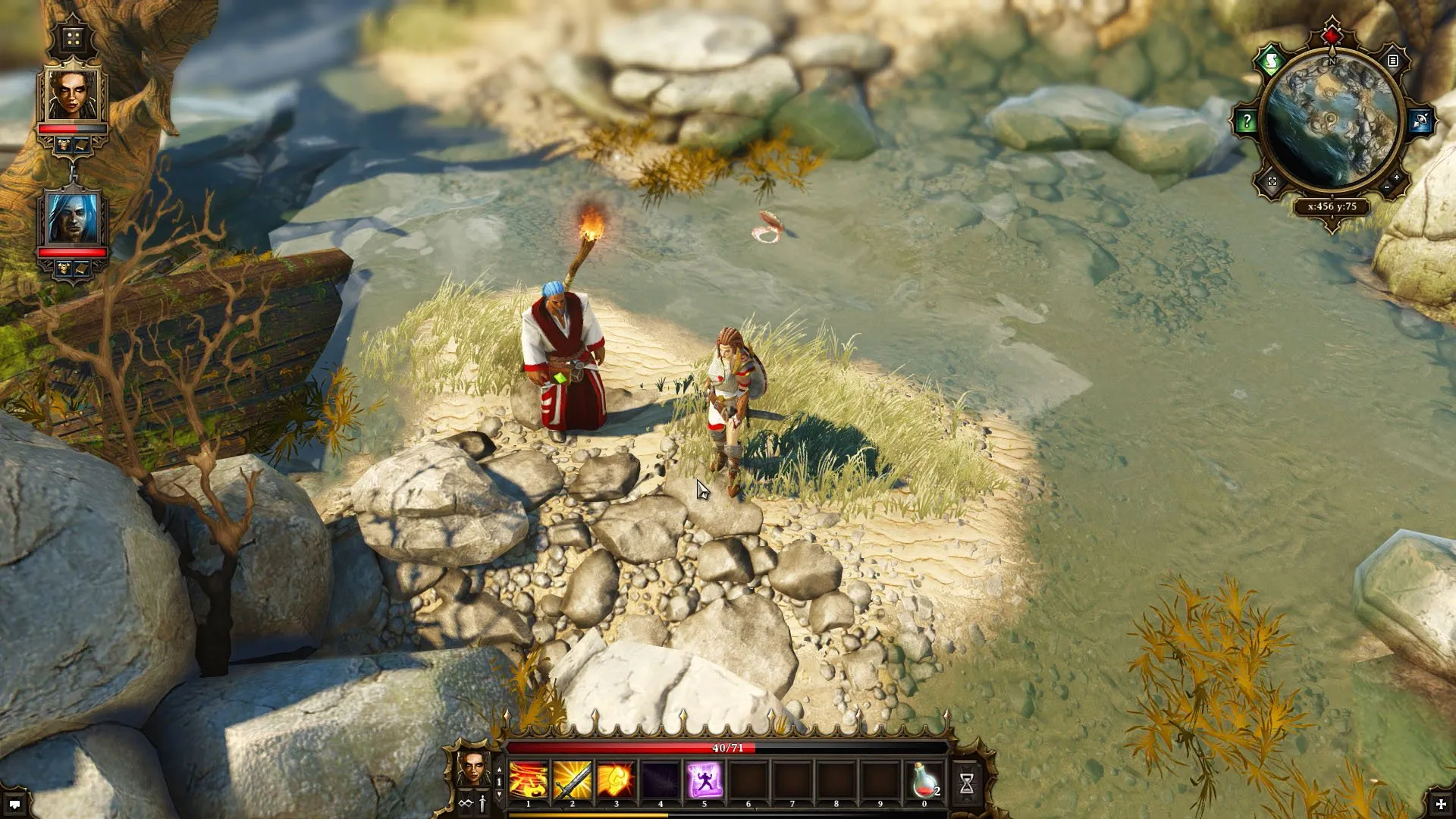
Before going any further, we should point out that we previously reviewed the original PC release of Divinity: Original Sin, and many of the points made need to be reiterated.
Divinity: Original Sin is not for the faint of heart. It’s a game of impactful choices, and decisions made by you throughout the game really will have a huge number of consequences, some far reaching and difficult to discern, affecting the world in all manner of ways. Unfortunately, it doesn’t so much gradually introduce you to its fantastical world as drop you straight into the deep end.
Larian Studios clearly has no interest in hand-holding you through the game because the opening tutorials are light on detail and are really just to make sure you at least don’t die at your first enemy encounter. Beyond that, little is spelled out for you, and you, the player, will be expected to discover by trial-and-error, sinking a significant amount of time into the whole endeavor.
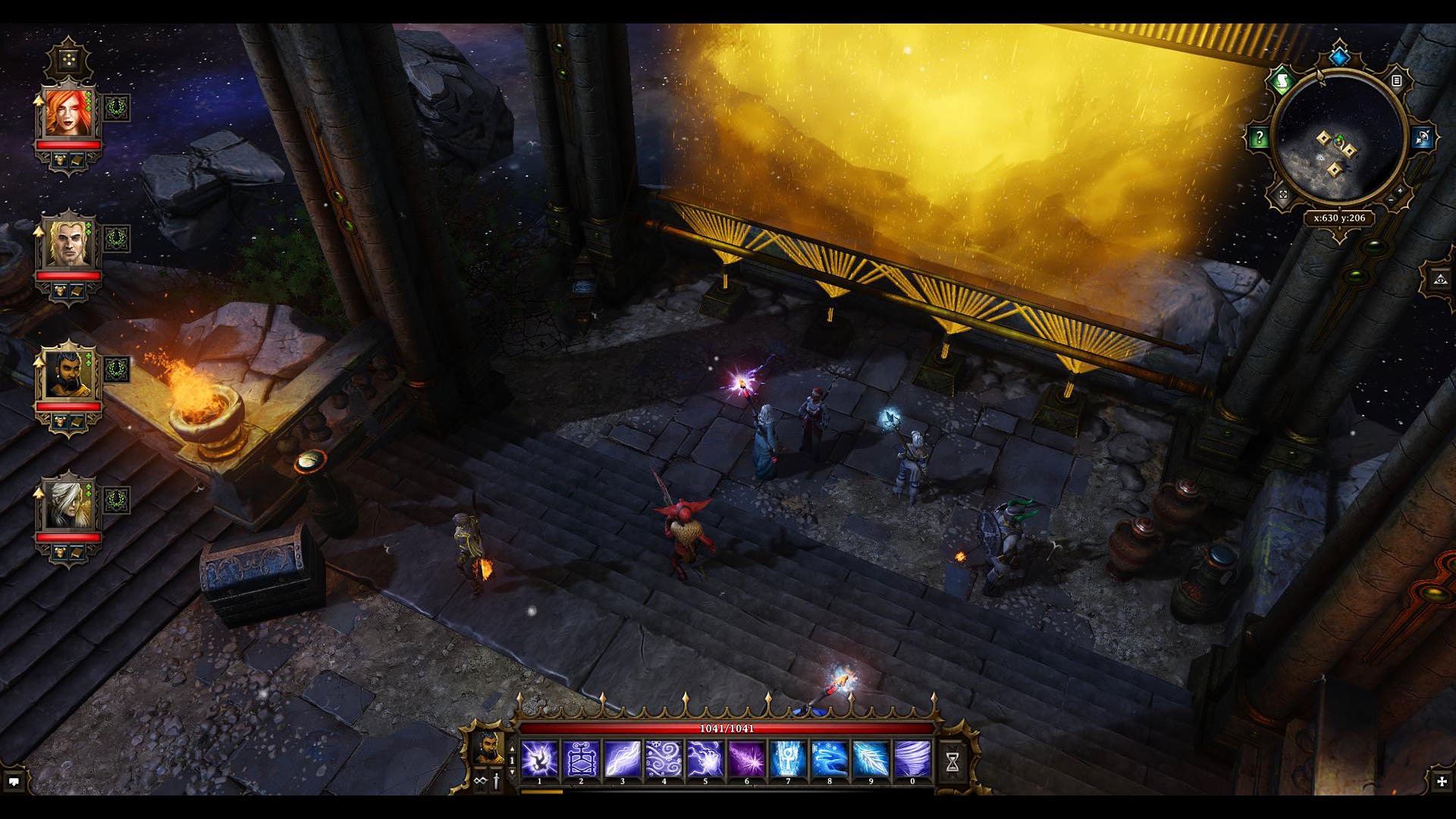
That said, it’s nice not to be babied and having to actually think through each decision is welcome to say the least, it’s a winning characteristic of vaunted titles like Dark Souls and feels at home in Divinity: Original Sin Enhanced Edition. Granted, it will occasionally have you gasping for air, it’s a very busy world with a great many things going on at once at any time, but it’s incredibly rewarding.
Quests are all handcrafted to offer you a number of eventual outcomes as well as approaches to take, and you’d be surprised by how many of them are affected by items one of your characters might be holding or particular character traits and abilities you never initially thought about.
Without wanting to spoil some of the more intelligent quests, there are even times where your various characters will have to be split up and tasked with different activities simultaneously, while others will require a lot of out-of-the-box, lateral thinking on your part.
Just be aware that with a game like this frustration is inevitable. But before you completely tilt in Divinity: Original Sin Enhanced Edition, stop and take a breath. Carefully consider all of your abilities and how they might affect the environment around you, or what items each of your characters is carrying at that moment in time. The game has a habit of not announcing that you’ve picked up an item of importance.
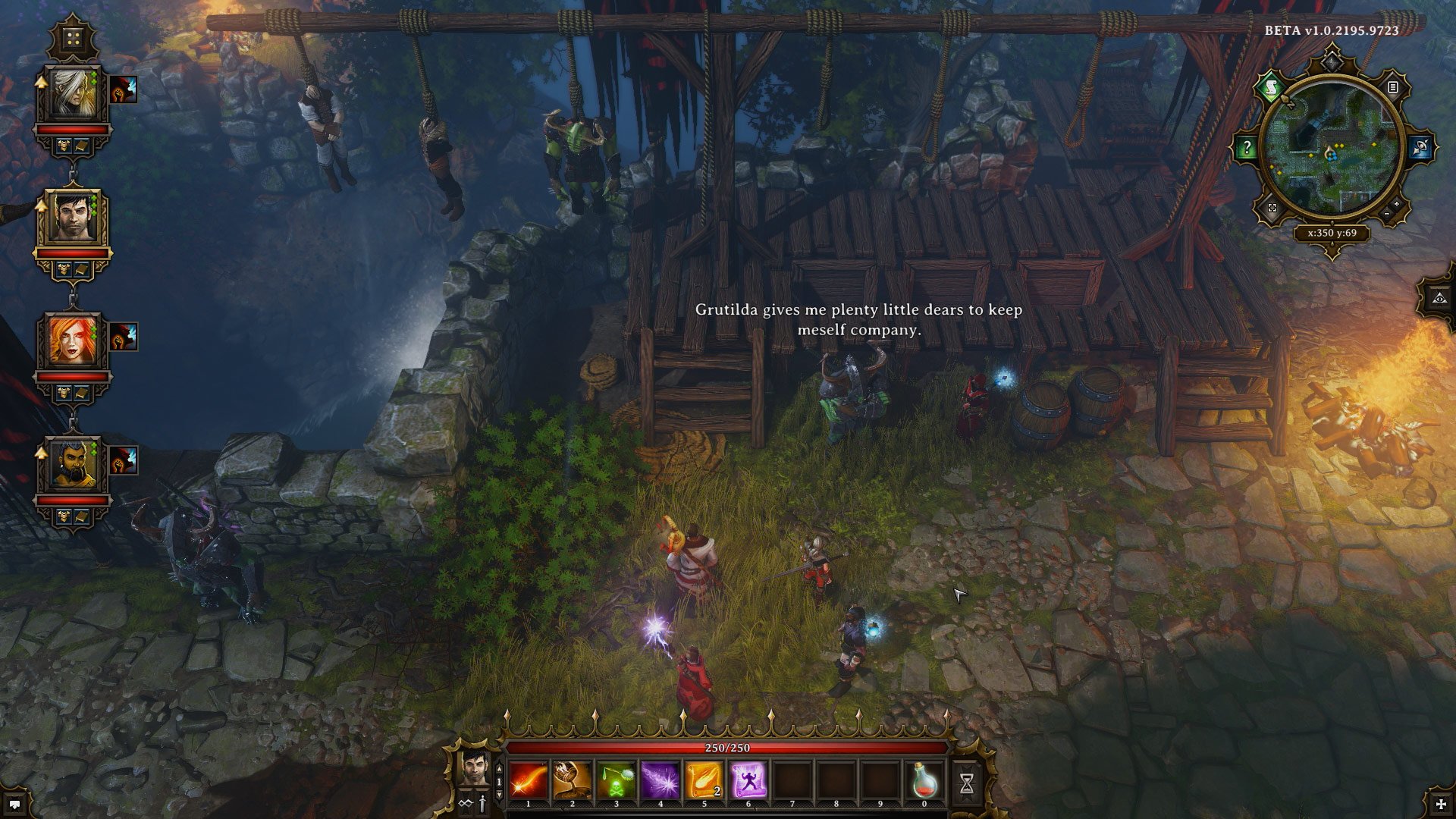
Beyond questing, expect to do a lot of fighting, and like the rest of the game it’s going to take some time to figure everything out. There’s a lot of nuance to combat, and any number of spells and abilities can be combined or used to enhance one another.
Take the oil slick spell, for example. It does exactly that; it conjures up an ignitable pool of oil over a selected area. But what if you’re in a situation in which the character who created the oil also has the spell to ignite it, dealing far more damage to those affected than a simple fire blast. What to do? Should you have a bruiser character at hand, you might want to charge through those standing in the oil, effectively knocking them down, rendering them unable to get away before it’s your mage’s turn again. Or perhaps you have a character capable of rooting them in place. And by the way, that fire you just started has created a smoke screen reducing the effect of enemy archers nearby.
Virtually every encounter allows for chess-like manoeuvres and intelligent uses of your abilities. And to make it that much more interesting, your opponents all have access to the same abilities, so you had best make use of the resources available to you before they do.
It’s something that will quickly become apparent when an opponent disperses a cloud of noxious gas you summoned with a well placed fireball. But who’s to say you can’t put out those flames with a water spell, a spell that has now left your opponents drenched in a steam cloud and far more open to electrical attacks. Just be sure to be careful about ability placement because spells don’t distinguish from friend and foe, and a misplaced ability might do more harm than good.
And there are just as many physical abilities to make use of as there are spells, so you should know that you’re in for quite RPG experience.
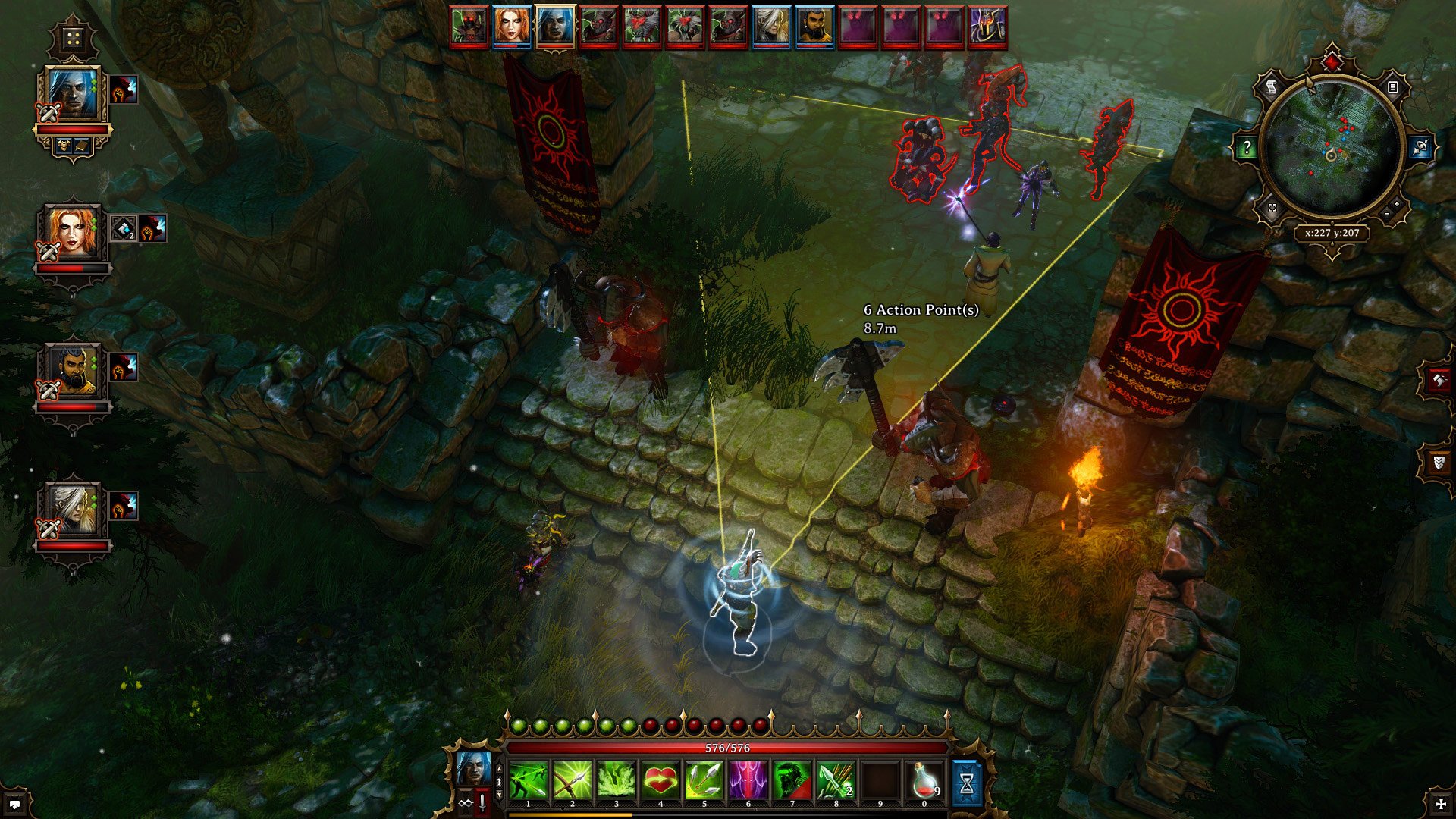
If anything combat and questing demonstrate the sort of love and care invested into the game by its developers.
Conversations with even the most menial or unimportant of NPCs are rich with lore, interesting titbits, pop-cultural references and generally invoke a sense of wonderment at the sheer scope of the game at hand. There are even a number of encounters laden with comical references that help put the player at ease, mitigating some of the seriousness of the game but never detracting from its grandiose design.
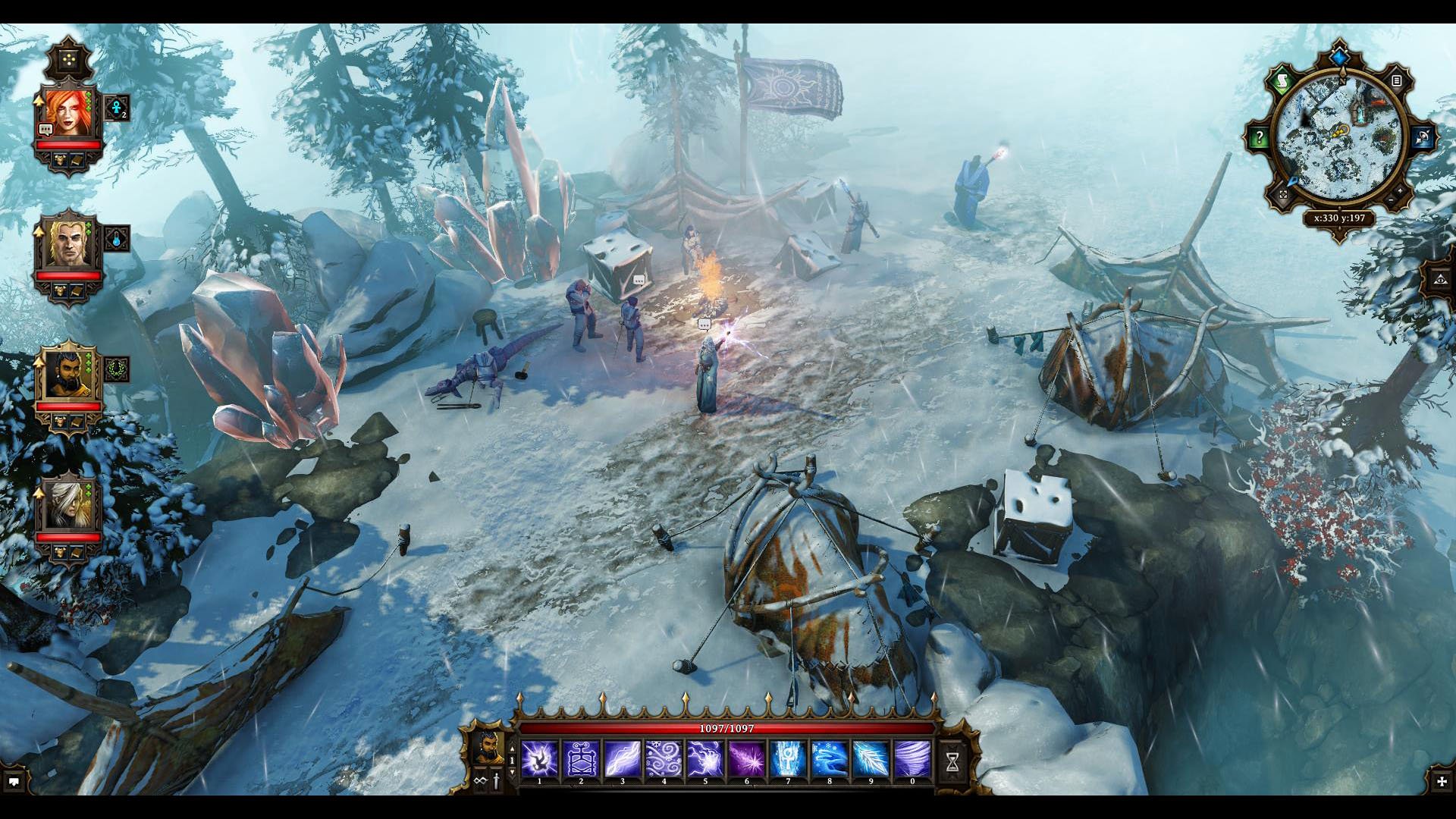
The game certainly isn’t perfect. Individual inventories for each character, not only mean a lot of excessive effort and fiddling, but unannounced quest items will be that much easier to miss. It makes sense when you consider that each character can be played individually by another player in multiplayer, but it’s an archaic system from the RPGs of old that does more to harm and hinder the experience than aid it.
And if you thought that was annoying, you’re in for a shock when you discover that the game’s pen-and-paper-like freedom and extensive lore doesn’t translate into a useful journal. It often provides you with no more than vague clues at what to do next, less-than-ideal directions and you’ll be surprised at how many quests lack markers altogether.
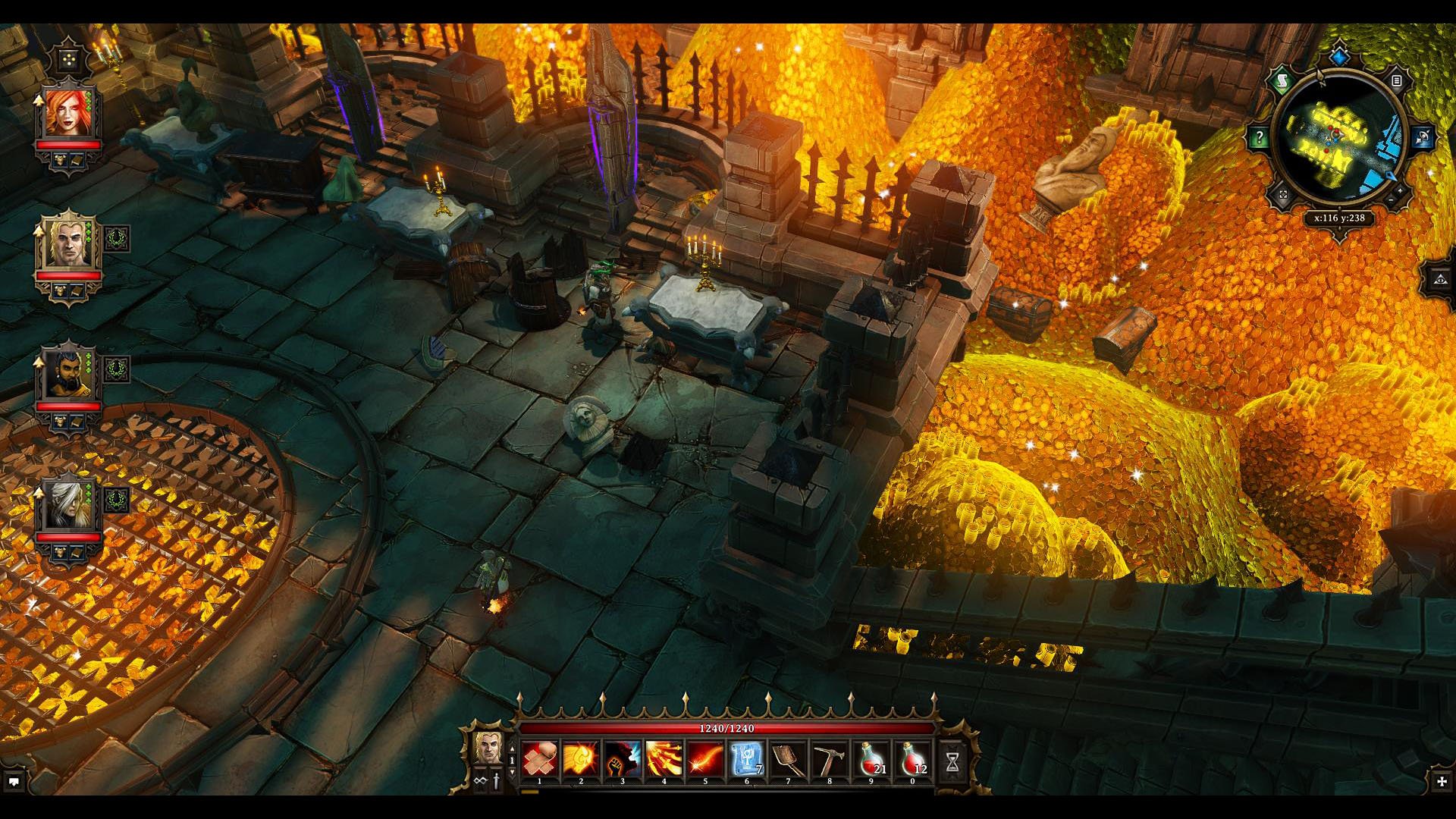
The Verdict
Granted, even among its many improvements, Divinity: Original Sin Enhanced Edition is not a perfect experience, but it sure is unique. It’s a grand adventure that rewards those who are patient enough to wade through some of the less polished aspects with incredibly rich dialogue, a huge world to affect and explore and much more besides.


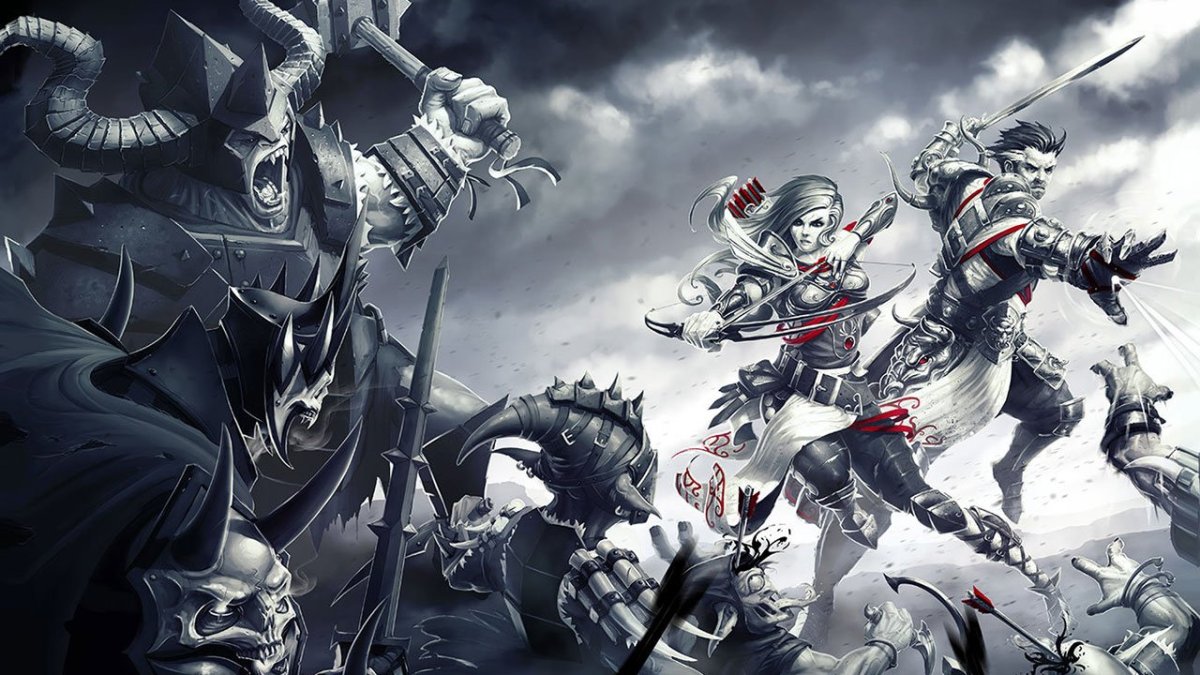
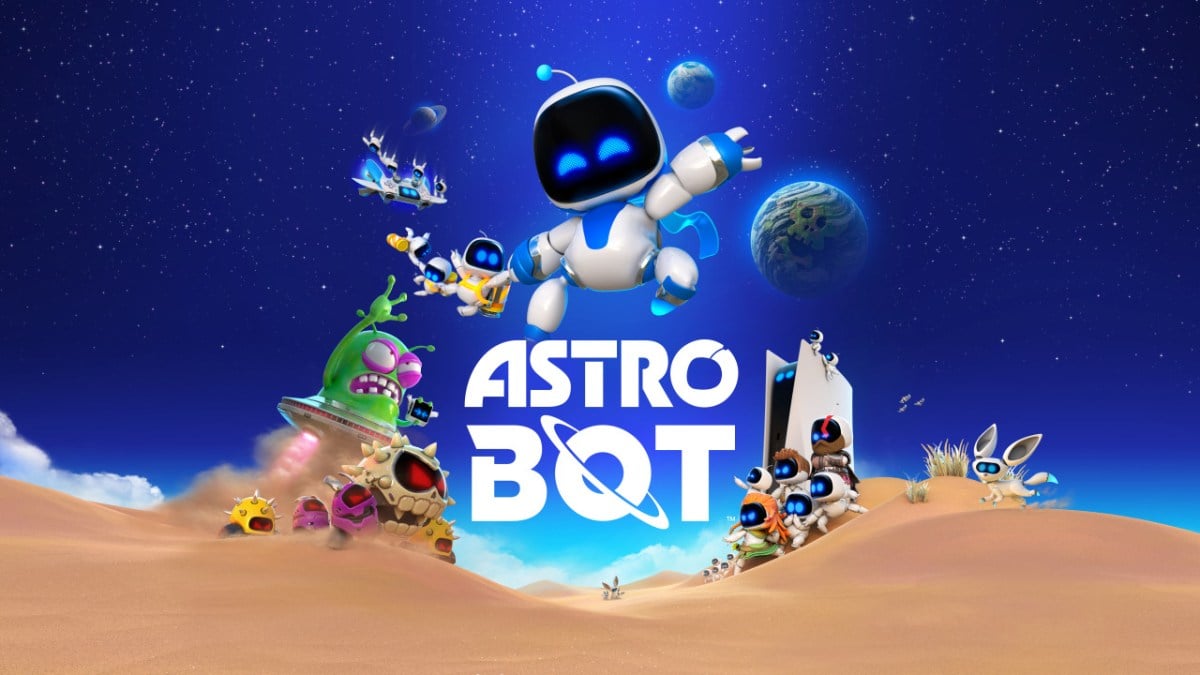

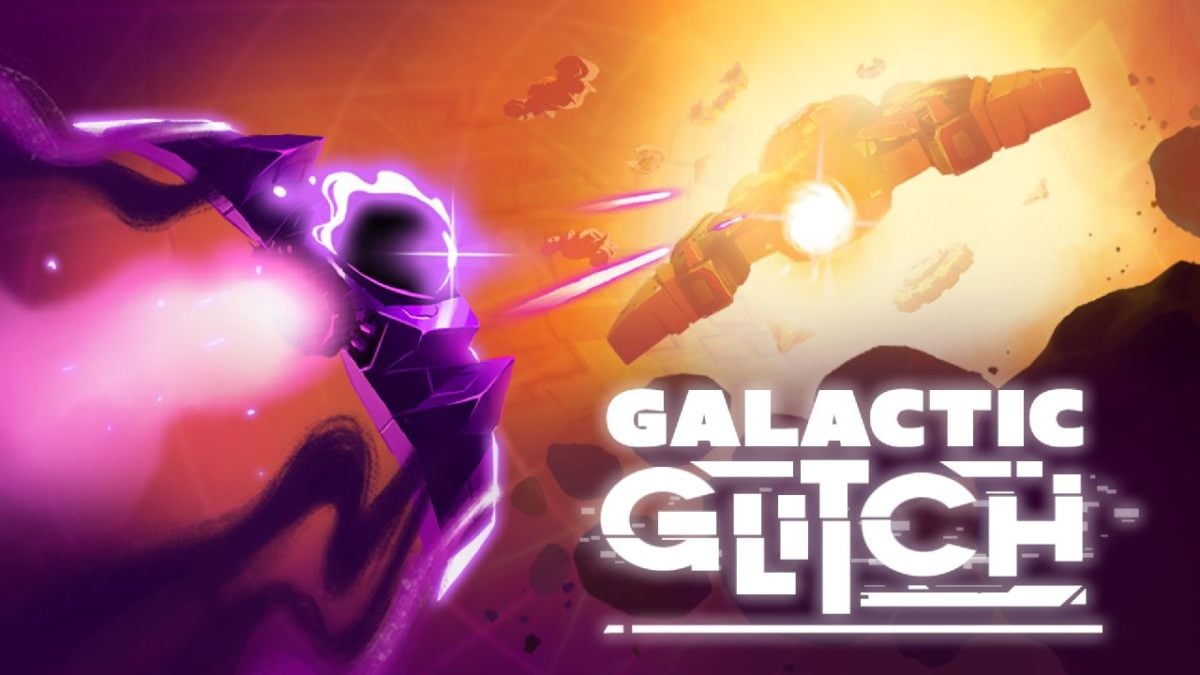

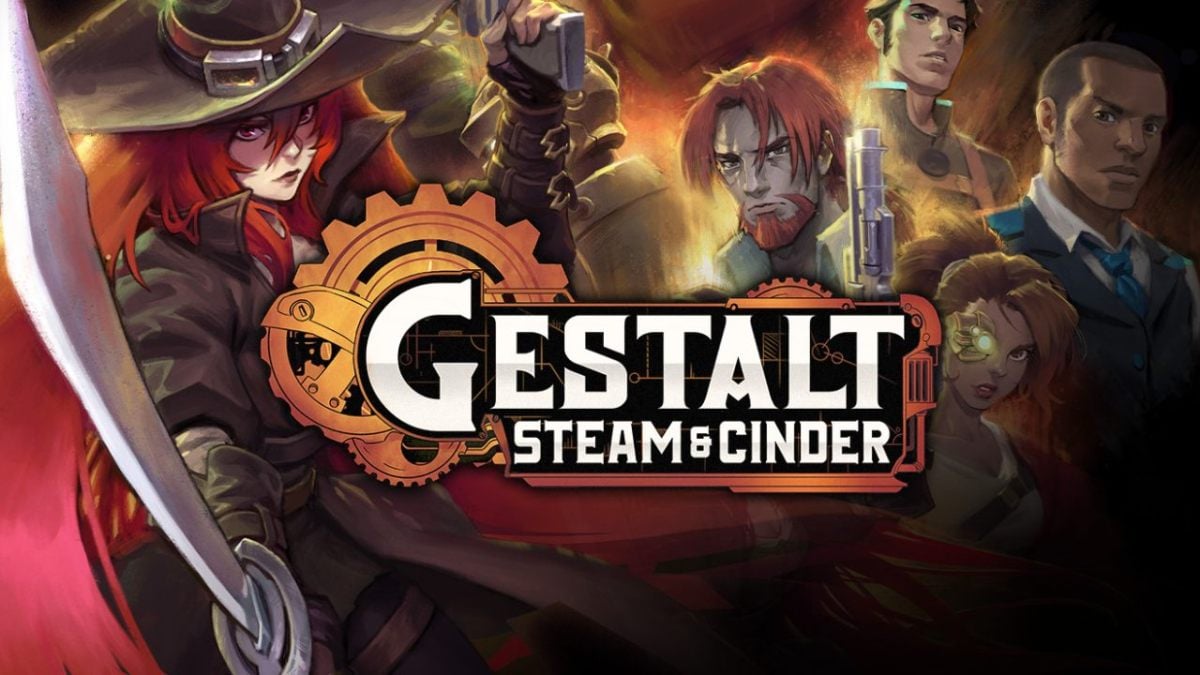
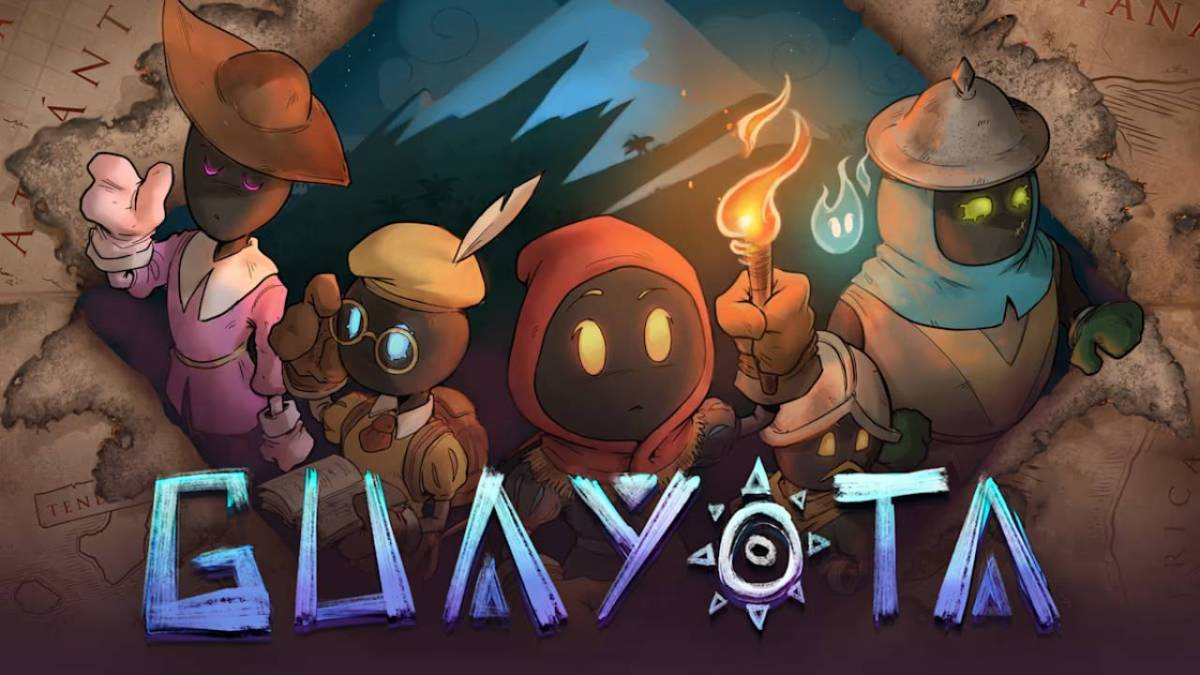


Published: Nov 3, 2015 05:33 am